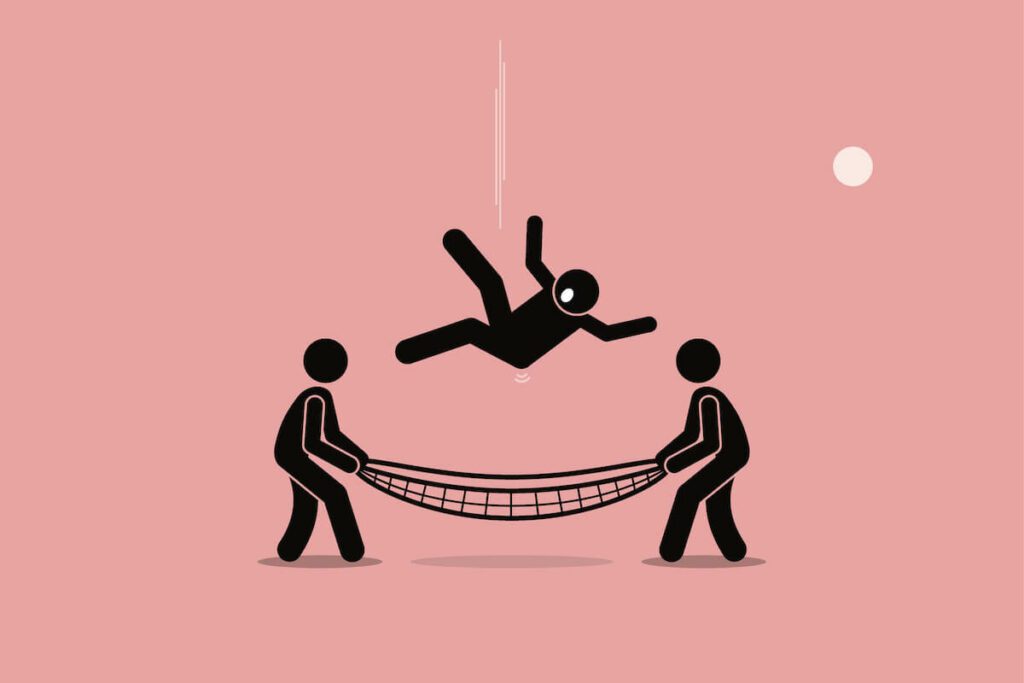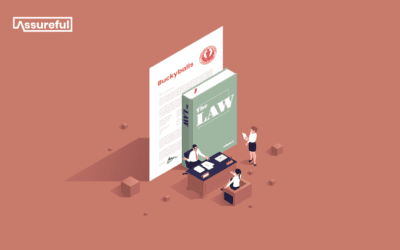The world of product liability has seen numerous landmark cases, but few have been as impactful as Bullock v. Philip Morris.
Raised in 2001, the suit revolved around the tragic story of Betty Bullock – a lifelong smoker who developed lung cancer. It became a cornerstone product liability case, the results of which no one could have anticipated.
How the Case Unfolded

In 2001 Betty Bullock, a lifelong smoker, filed a lawsuit against Philip Morris, one of the world’s largest tobacco companies at the time.
The lawsuit was based on the grounds of negligence, strict liability, and fraud. Bullock argued that Philip Morris’s cigarettes had given her lung cancer, and the company had failed to warn her about the potential risks associated with smoking.
On October 4, 2002, the jury awarded Bullock a staggering $28 billion in punitive damage, after already awarding her $850,000 in compensatory damages eight days earlier. While the $28 billion figure was later reduced to $28 million, it represents the largest ever punitive damages awarded to a single plaintiff.
Evidence presented during the trial revealed that Philip Morris had known about the addictive nature of smoking and its link to lung cancer since the 1950s. They not only concealed this information but also targeted and marketed their products to children – a shocking discovery that played a significant role in the jury’s decision.
Philip Morris appealed the decision, leading to a nine-year-long legal battle. The damages were eventually reduced to $28 million, but sadly, Bullock didn’t live to see the outcome. Eventually, the court ruled in 2009 that $13.8 million should be paid to Bullock’s daughter, Jodie Bullock.
Despite the reduction in damages, the case set a legal precedent and turned the tide after a historic trend of tobacco companies winning against liability lawsuits.
Product Liability and Consumer Protection

Product liability is a legal concept that holds manufacturers, distributors, suppliers, and retailers accountable for any injuries, illnesses, or damages caused by their products.
It’s a critical aspect of consumer protection, ensuring that businesses take responsibility for the safety and quality of their products.
There are three main types of defects you should be aware of when it comes to product liability:
- Manufacturing Defects: Flaws that occur due to an issue in the production process
- Design Defects: Inherent flaws in a product’s design that make it unsafe
- Marketing Defects: Failures to provide adequate warnings or instructions about a product’s use and risks
As an eCommerce seller, you may not be selling a product that carries the weight of risks associated with tobacco products. But this case does serve as an insight into the extreme when it comes to handling product liability cases and the defects you should pay attention to.
It highlights how crucial it is for businesses to ensure they’re not only selling quality products but also providing accurate and comprehensive information about them. This includes everything from the product title and description to the packaging, product inserts, and instructions.
The Evolving Landscape of Product Liability
Since Bullock v. Philip Morris was raised in 2001, so many new trends and challenges have emerged. New cases like this continue to shape the legislation around product liability, consumer protection, and corporate responsibility.
A landmark case can arise at any time. From small-scale side hustlers to corporate giants – the risks as a seller don’t discriminate.
Check out these cases that have shaped product liability over the years:
- Buckyballs
- Hoverboards Blowing Up at Christmas
- The McDonald’s hot coffee lawsuit
- 3 famous product liability lawsuits
- NBA Star Francisco Garcia vs Ledraplastic

When businesses fail to meet their responsibilities to customer safety, the potential consequences for that business can have a ripple effect across the entire market.
Peace of Mind with Assureful
Holding manufacturers, distributors, and retailers accountable for product liability incidents play a vital role in safeguarding consumer rights. But what happens if your eCommerce business is caught up on a product liability case?
While you’d never expect to be caught up in a case that matches the magnitude of Bullock v. Philip Morris, even a small-scale lawsuit could have huge lasting impacts on your business. That’s where product liability insurance comes into play.
At Assureful, we offer smart product liability insurance that instantly scales and adjusts based on your actual sales every single month. So you’re always protected by insurance designed specifically for eCommerce sellers.
Discover the liability insurance designed specifically for eCommerce sellers – starting from just $26/month.
No obligation quote.
Policies can be canceled at any time, with 30 days’ notice.




0 Comments